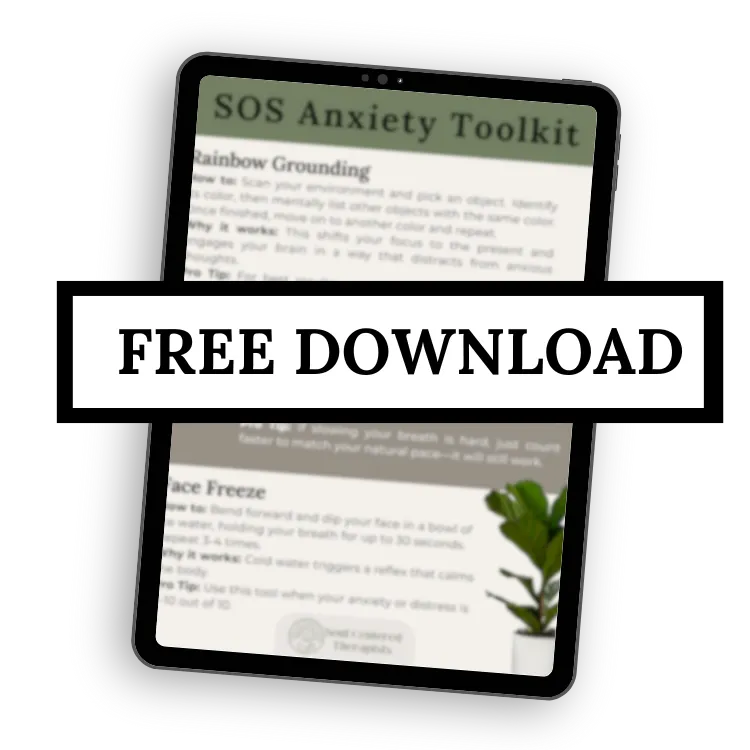
Are Therapy Retreats Right for You? What to Consider Before Booking
Therapy retreats are an incredible option for those looking to make meaningful progress in a short amount of time—but they aren’t the right fit for everyone. If you’ve been asking yourself, "Is a therapy retreat right for me?" it’s important to explore the pros and cons before making a decision. For women managing anxiety, overwhelm, or trauma, understanding what to expect can help ensure you’re choosing the kind of care that truly supports your healing.
When a Therapy Retreat Might Be a Great Fit
A therapy retreat can be a powerful option if you:
Feel stuck in traditional therapy and want to accelerate your healing.
Have a demanding schedule and can’t commit to weekly therapy sessions.
Are ready for a deeper level of work on patterns of anxiety, trauma, or emotional exhaustion.
Want dedicated, uninterrupted time to focus entirely on yourself and your emotional wellness.
These retreats create space to go deeper, gain clarity, and leave with tools to support long-term change.
Who Might Not Benefit from a Therapy Retreat
While therapy retreats are incredibly effective for many, they may not be the best option for everyone. You may want to consider another approach if you:
Are in crisis and need ongoing, structured support.
Haven’t yet built basic emotional regulation skills that can help you process intense experiences.
Feel anxious about being in an intensive format or prefer a slower-paced, ongoing approach.
Are currently navigating active addiction or unstable circumstances that require long-term, consistent support.
If any of this sounds familiar, weekly therapy might be a better starting point.
What to Consider Before Booking a Therapy Retreat
Before diving in, ask yourself:
What are my goals for the retreat? Are you looking for insight, resolution, or relief from specific patterns?
Do I feel ready to commit time and energy to this process? While transformative, retreats also require emotional investment.
Do I need additional support afterward? Post-retreat planning helps you integrate what you’ve learned into your daily life.
Am I open to holistic approaches like hypnotherapy, mindfulness, or body-based practices? Many retreats combine these for deeper healing.
Thinking through these questions can help you assess whether the retreat format aligns with where you are emotionally and practically.
Therapy Retreat Pros and Cons
Pros:
Accelerated progress compared to weekly sessions.
Deep emotional breakthroughs in a short period.
Focused time away from daily distractions.
Personalized care tailored to your unique needs.
Cons:
Requires upfront time and financial investment.
Can feel intense if you’re not prepared for deep emotional work.
May not replace long-term support for complex or chronic issues.
Click here to learn more about the pros and cons of a Therapy Retreat.
Understanding both sides can help you make an empowered decision.
Let’s Explore if a Therapy Retreat is Right for You
We know how overwhelming it can feel trying to figure out the best next step in your healing journey. If you’re wondering, "Is a therapy retreat right for me?"—we’d love to talk it through.
Schedule a free consultation today and we’ll help you explore whether this approach is a good fit for your needs, goals, and readiness for change.
Your healing is worth the investment.
Let’s create the space for you to feel like the best version of yourself.
Click here to schedule a free consultation.
Love,
-Soul Centered Therapists



